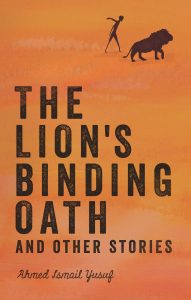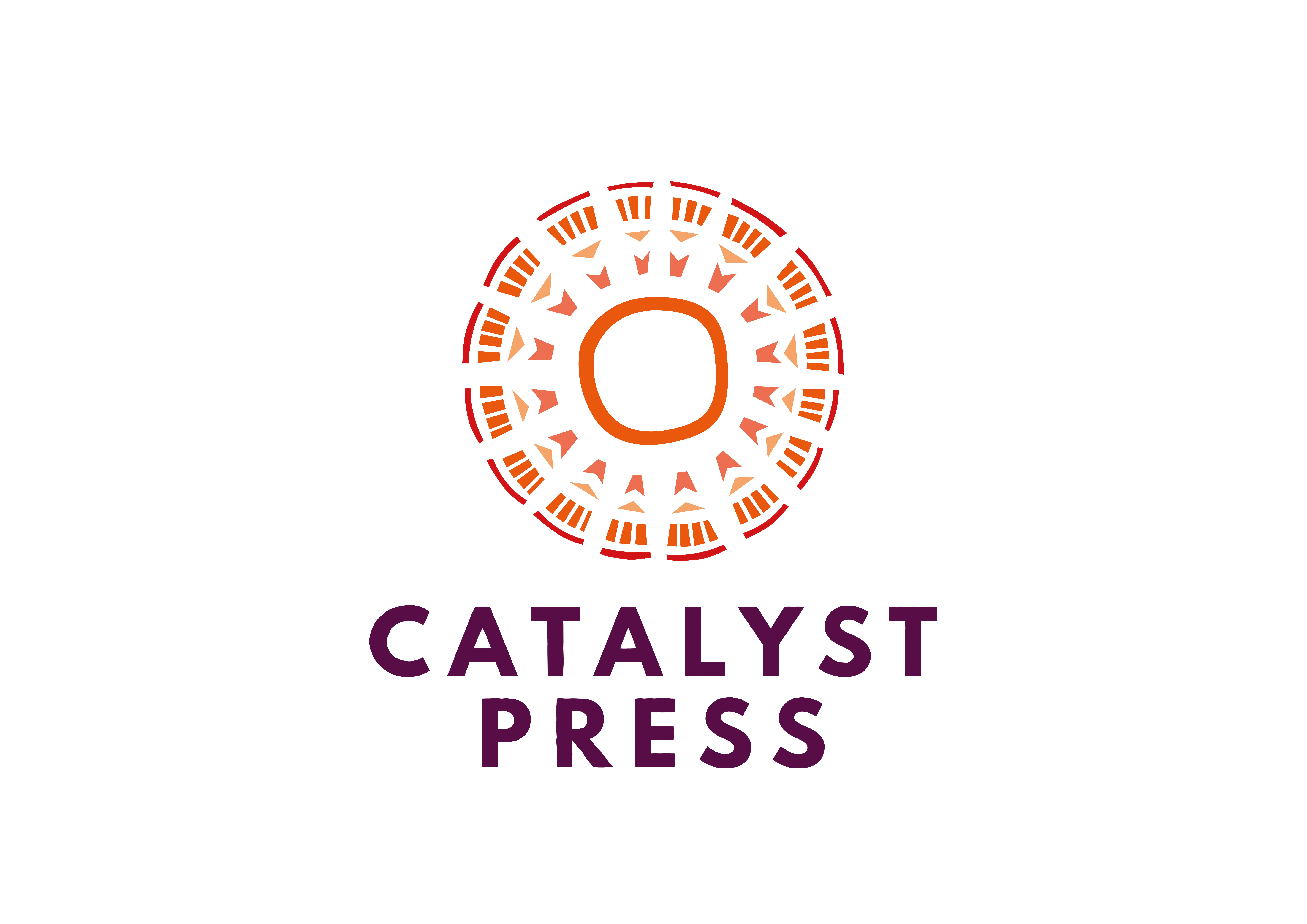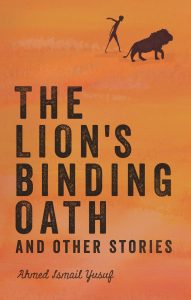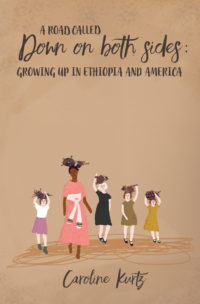Earlier this month, we did a Q&A with The Lion’s Binding Oath author Ahmed Ismail Yusuf in our newsletter (What?! You don’t subscribe? Let us help: Subscribe here).
In advance of his upcoming Midwest book tour, we’re posting it here, too! Read on to learn more about Ahmed, his writing, and how books changed his life.
 At one point in his life, Ahmed Ismail Yusuf, author of the forthcoming release The Lion’s Binding Oath (out June 5), had never read a complete book. He was a high-school dropout living in New York when a relative, noticing that Ahmed had a lot of free time on his hands, gave him some books to read. The first book he read, Maya Angelou’s I Know Why the Caged Bird Sings, unlocked a whole world of literary possibilities for Ahmed. He returned to school, eventually earning two degrees and went on to write plays and two books, including the short story collection The Lion’s Binding Oath, which comes out on June 5. Ahmed will be touring Midwest bookstores this summer in support of his new collection. We chatted with Ahmed recently to talk about his remarkable journey to become an author, what inspires him to write, and the country he wants to share with Lion’s Binding Oath readers.
At one point in his life, Ahmed Ismail Yusuf, author of the forthcoming release The Lion’s Binding Oath (out June 5), had never read a complete book. He was a high-school dropout living in New York when a relative, noticing that Ahmed had a lot of free time on his hands, gave him some books to read. The first book he read, Maya Angelou’s I Know Why the Caged Bird Sings, unlocked a whole world of literary possibilities for Ahmed. He returned to school, eventually earning two degrees and went on to write plays and two books, including the short story collection The Lion’s Binding Oath, which comes out on June 5. Ahmed will be touring Midwest bookstores this summer in support of his new collection. We chatted with Ahmed recently to talk about his remarkable journey to become an author, what inspires him to write, and the country he wants to share with Lion’s Binding Oath readers.
Can you tell us a little bit about your background?
Well, I was raised as a nomad, and you can’t separate me from that world now or even the word “nomad” itself. What that means is that I was born into a family that lived in the wilderness, where the idea of running water and electricity did not exist or none of the amenities that others call necessities. We lived the life that our livestock led or matter of fact harsher: harsher because we had to care and protect them from theft, hunger, disease and thirst. Yet our ability to do most of that was limited, for it was Mother Nature that had a veto power: whether it rained or not and so forth.
I did that daily from 7:00 AM to 7:00 PM until the age of 9. Now looking back, I believe it inoculated me against what other people call “hard times.” For that reason, until recently, I have had no patience with people who would use words like tired, busy and bored. But shamefully, I must admit that these words have crept up on me: “Busy,” I know has passed through my lips, and “Tired” has become a daily diet. Thank God I am still holding “Bored” at bay!
What brought you to writing?
From my first reading, or rather the first two half-books in Somali (half books because each one was tattered with use, and was missing the last half), I wanted to write my own. I wanted to do the same thing that these two Somali authors did. And I did write what I thought was “a great story.” But we will never know because that was the last and the first time I wrote anything in Somalia.
There were no books available for me to read, particularly the region of Somalia (Sanaag) that I am from. On top of that, just when I had made it to school, Somali orthography was introduced and English discontinued. Somali language is orally rich but insolvent of books. I thought it was a disaster to do that then and I still think so. I wanted both languages taught, yet that dream was killed.
So, despite my love for the written words, the desire to write almost died in me. I had neither a road nor a map to take me there. In other words, the opportunity to test that possibility did not present itself. Fortunately awhile after I had arrived in the USA, I stumbled on Maya Angelou’s I Know Why the Caged Bird Sings. That book proved the power of written words to me but it was in college where a great English professor, the late Fred Pfeil, awakened in me the courage to try to write. 
Throughout many of the stories in The Lion’s Binding Oath, there is a connective thread of the love that the Somali people feel for poetry. Can you tell us more about Somalia’s connection to poetry? Who are some of your favorite poets?
Somalis revered and referenced poetry. We breathe and bathe in poetry. It’s a way of life as well as a way to deliver a cogent and coherent message. It’s the only time we economize our words for maximum effect to encode and archive our past as well as foreshadow the future. Thus, the question of who my favorite poets are—and by the way they are all Somalis—is very hard one.
Rage Ugas, Ali Aden Gorayo (Ali Dhuh,) Salan Araby, Qaman Bulhan, Ismail Mire, Mohamed Nur Fadal, Haji Adan Afqallao, Mohamed Ibrahim Warsame (Hadrawi), Mohamed Hashi Dhama (Gariye), Abdulqadir Hersi (Yamyam), Abdullahi Timadde, just to name a few. For sure though, the man that I am most fascinated with, as many Somalis are, is Sayid Mohammed Abdulle Hassan, of whom the British colonial called “The Mad Mullah.”
What are you reading right now?
I am reading two books now. Virgil Wander by Leaf Enger, a local Minnesota
writer. I got hold of the uncorrected proof page version and I am unable to let it go. Second, since I have had no chance to read growing up in Somalia, I always go back to the past. So I am reading As I Lay Dying by William Faulkner. I am also very excited about The Tale of a Boon’s Wife by a Somali writer Fartumo Kusow that just arrived home yesterday. I peeked into a few pages and can’t wait to sit down for it.




